Descripción
Introduction to Curcumin and Turmeric
Turmeric, a vibrant yellow spice derived from the rhizome of the Curcuma longa plant, has been utilized for centuries in various cultural cuisines, particularly within South Asian and Middle Eastern traditions. Its distinct flavor and warm aroma make it a staple ingredient in numerous culinary applications, including curries, soups, and marinades. Beyond its culinary uses, turmeric has held a significant place in traditional medicine systems, such as Ayurveda and Traditional Chinese Medicine, where it has been celebrated for its potential health benefits.
The primary active component of turmeric, curcumin, is responsible for much of its therapeutic potential. Curcumin possesses powerful antioxidant and anti-inflammatory properties, which have led to its exploration in a wide range of health-related studies. Traditionally, turmeric not only served as a spice but also as a remedy for various ailments, including digestive issues, skin problems, and joint pain. The holistic benefits attributed to curcumin have established it as a cornerstone of wellness practices throughout the ages.
In recent years, the popularity of curcumin supplements has surged, aligning with modern health and wellness trends. Many individuals are now looking to harness the potential advantages of curcumin through concentrated supplements, aiming to improve overall health and vitality. The extraction process for curcumin typically involves isolating this bioactive compound from turmeric powder, creating highly concentrated supplements that provide increased bioavailability compared to turmeric alone. This advent has positioned curcumin as a prominent dietary supplement within the growing market of herbal and natural remedies.
As awareness of the potential health benefits of curcumin spreads, consumers are increasingly incorporating these supplements into their daily routines, thereby redefining approaches to personal well-being and nutrition. The ongoing research into curcumin’s effects continues to support its usage, fostering a deeper understanding of this remarkable compound and its role in enhancing health.
Health Benefits of Curcumin
Curcumin, the principal active ingredient in turmeric, is renowned for its extensive health benefits, primarily attributed to its potent anti-inflammatory and antioxidant properties. Numerous scientific studies have explored curcumin’s role in combating inflammation effectively. Chronic inflammation is a contributing factor to various diseases, including heart disease, cancer, and neurodegenerative disorders. By modulating inflammatory pathways, curcumin can help reduce inflammation and diminish the risk of developing such conditions.
Moreover, curcumin has been shown to possess significant antioxidant capabilities. Antioxidants neutralize free radicals, which can cause oxidative stress and lead to cellular damage. Research indicates that curcumin effectively boosts the body’s antioxidant defenses, providing protection against oxidative damage and supporting overall cellular health.
Furthermore, several studies suggest that curcumin may play a crucial role in chronic disease prevention. For instance, its anti-inflammatory effects have been linked to a decreased risk of heart disease. Curcumin supplementation can improve endothelial function and may help lower cholesterol levels, thereby supporting cardiovascular health. Additionally, some studies have pointed to curcumin’s potential in cancer prevention due to its ability to target multiple molecular pathways involved in tumor growth and spread.
Beyond heart and cancer health, curcumin is also associated with brain health. Research suggests that curcumin can increase levels of brain-derived neurotrophic factor (BDNF), which supports neuronal growth and function. This action may aid in the prevention of neurodegenerative diseases such as Alzheimer’s. Joint health is another area where curcumin demonstrates promise; it may help alleviate symptoms of arthritis and improve joint mobility due to its anti-inflammatory effects. Overall, curcumin supplements present a multifaceted approach to enhancing health, supported by compelling scientific literature.
How to Choose the Right Curcumin Supplement
Selecting the appropriate curcumin supplement is crucial for maximizing its potential health benefits. One of the most important factors to consider is bioavailability, which refers to how well the body can absorb and utilize the active components of curcumin. Curcumin inherently has low bioavailability; therefore, look for supplements that include enhancing agents such as piperine (black pepper extract) or those formulated with liposomal delivery systems, which can significantly improve absorption.
Another essential consideration is the dosage of curcumin in each serving. Research suggests that effective dosages typically range from 500 mg to 2000 mg daily, depending on individual health needs and conditions. It’s advisable to consult with a healthcare professional to determine the most suitable dosage tailored to your specific requirements.
In addition to bioavailability and dosage, evaluating additional ingredients included in the formulation can aid in making an informed choice. Some curcumin supplements may contain complementary ingredients such as ginger or boswellia, which can further enhance their anti-inflammatory properties. However, it’s essential to ensure that these ingredients do not interfere with any existing medications.
Certifications, such as non-GMO or organic, are also notable features to consider. Supplements that carry these certifications often indicate higher quality and adherence to stricter manufacturing standards. Reviewing the label thoroughly can reveal crucial information regarding purity and the absence of fillers or artificial additives.
Ultimately, choosing a high-quality curcumin supplement involves careful examination of bioavailability, dosage, additional ingredients, and certifications. By doing so, you can ensure that you are selecting a product that promotes optimal effectiveness and supports your health goals.
Potential Side Effects and Interactions
Curcumin, the active compound in turmeric, is widely recognized for its health benefits, including anti-inflammatory and antioxidant properties. However, like many supplements, curcumin turmeric supplements can also present potential side effects and interactions that warrant attention before use. Understanding these factors is essential for ensuring safe integration into one’s health regimen.
One of the most commonly reported side effects of curcumin supplements includes gastrointestinal distress. Individuals may experience symptoms such as nausea, diarrhea, or an upset stomach, particularly when taking high doses. It’s advisable to start with a lower dosage and gradually increase it to assess tolerance. Additionally, the presence of curcumin can lead to stomach irritation in certain individuals, particularly those with pre-existing digestive disorders.
Moreover, curcumin can interact with various medications, which can compromise its efficacy or exacerbate health issues. Specifically, curcumin may affect blood-thinning medications, such as warfarin or aspirin, due to its anticoagulant properties. This interaction can increase the risk of bleeding and bruising. Likewise, individuals taking medication for diabetes should be cautious since curcumin may lower blood sugar levels. Therefore, continuous monitoring of blood glucose levels is advised for those managing diabetes while supplementing with curcumin.
Furthermore, individuals with gallbladder issues or those who are pregnant should consult a healthcare professional before incorporating curcumin supplements. It is crucial to discuss any pre-existing health conditions and current medications, thus enabling proper guidance on curcumin supplementation. By being informed about the potential side effects and interactions of curcumin turmeric supplements, individuals can make well-informed choices that align with their health needs.
Conclusion and Recommendations
In light of the extensive benefits associated with curcumin, the primary active component in turmeric, incorporating curcumin turmeric supplements into one’s wellness routine could be a sound choice for promoting overall health. Throughout this blog post, we have explored the numerous health benefits of curcumin including its anti-inflammatory properties, its role in enhancing cognitive function, and its potential in supporting heart health. Furthermore, curcumin’s antioxidant capabilities contribute to better cellular health and can play a vital role in disease prevention.
While the positive effects of curcumin supplementation are promising, it is vital for individuals to consult with healthcare professionals prior to initiating any new supplement regimen. This is particularly crucial for those with pre-existing health conditions, pregnant or nursing women, or individuals taking medications, as curcumin can interact with various drugs and may not be suitable for everyone. Personalized advice from a healthcare provider can help determine the appropriate usage and dosage of curcumin supplements tailored to individual health needs.
For those interested in incorporating turmeric into their diets, consider adding turmeric powder to smoothies, soups, and curries, or steeping it in teas. Additionally, when selecting turmeric supplements, it is vital to choose reputable brands that provide standardized extracts, ensuring sufficient levels of curcumin. Some recommended brands known for their quality and efficacy are **Doctor’s Best Curcumin, Garden of Life,** and **Nature’s Way**. These options often include additional bioavailability enhancers like black pepper extracts (piperine), which can significantly improve absorption. By making informed choices about supplementation and diet, individuals can successfully harness the health benefits of curcumin turmeric for a healthier lifestyle.



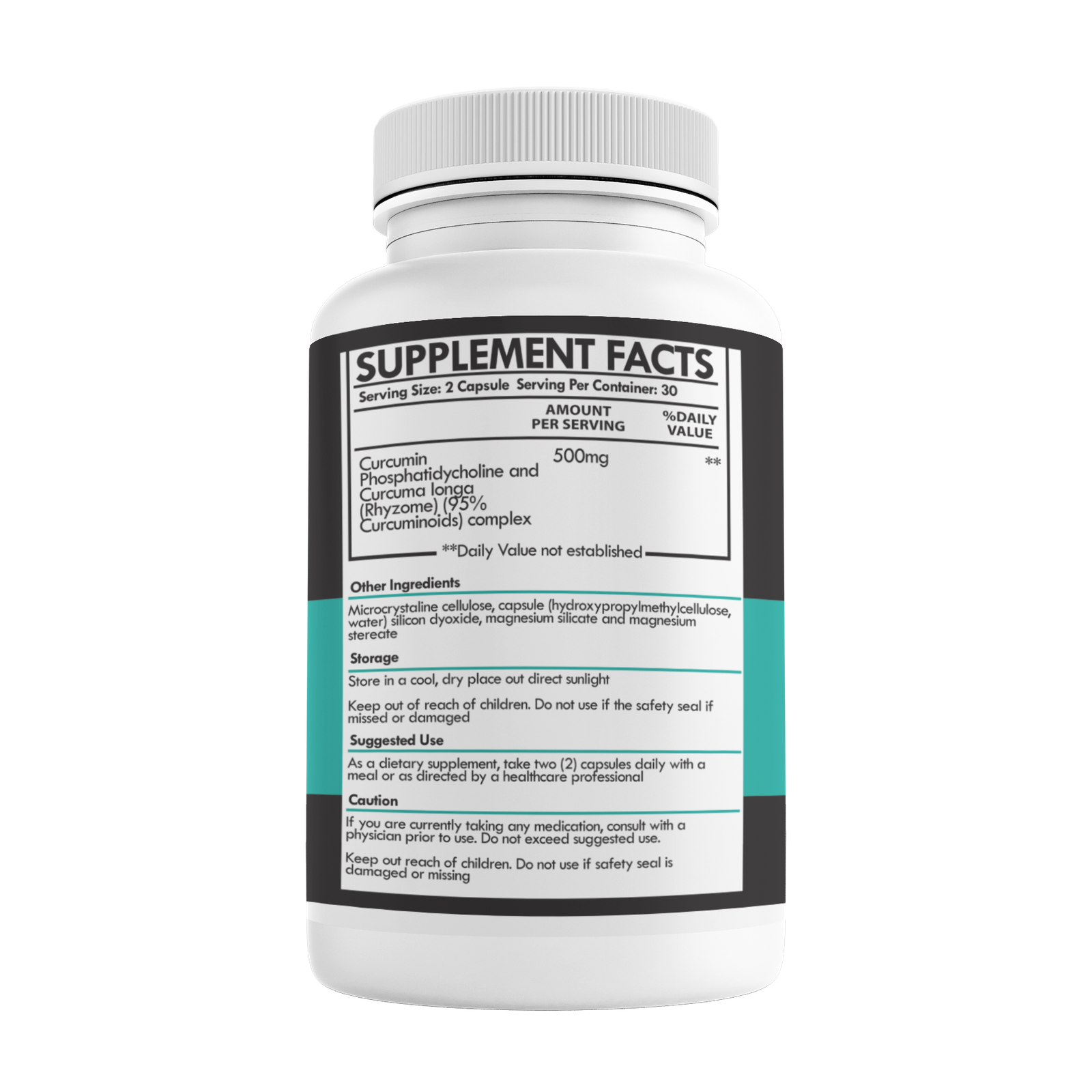

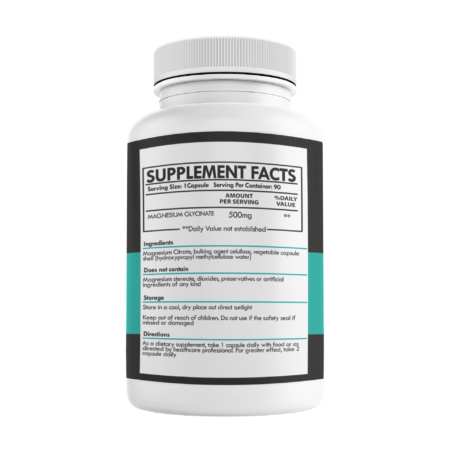
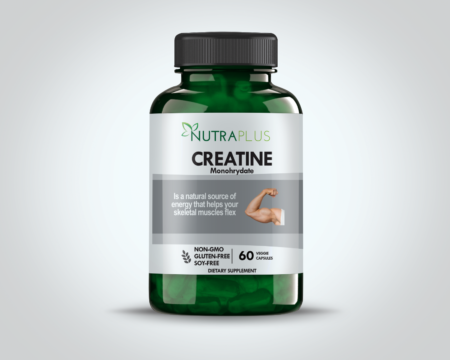
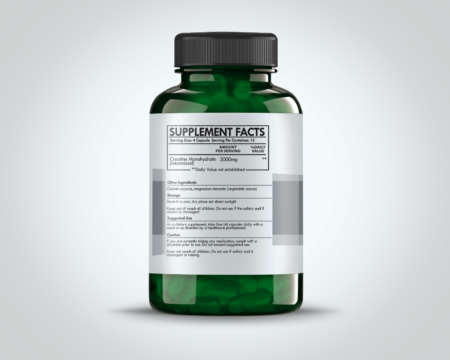
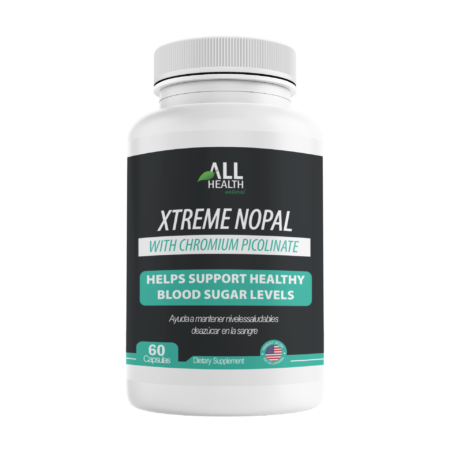

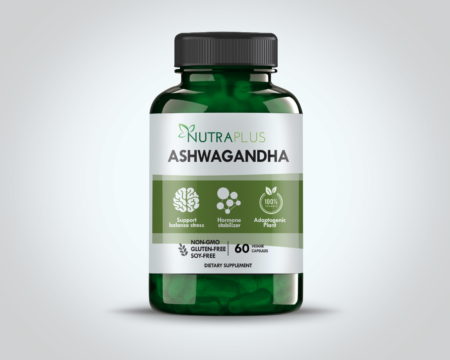
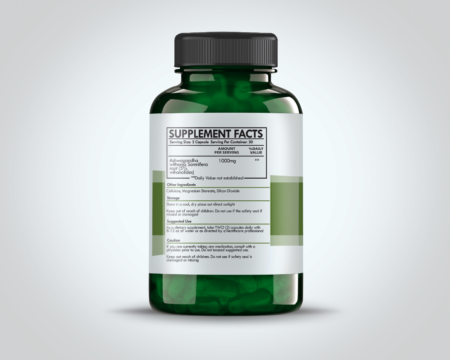

Valoraciones
No hay valoraciones aún.